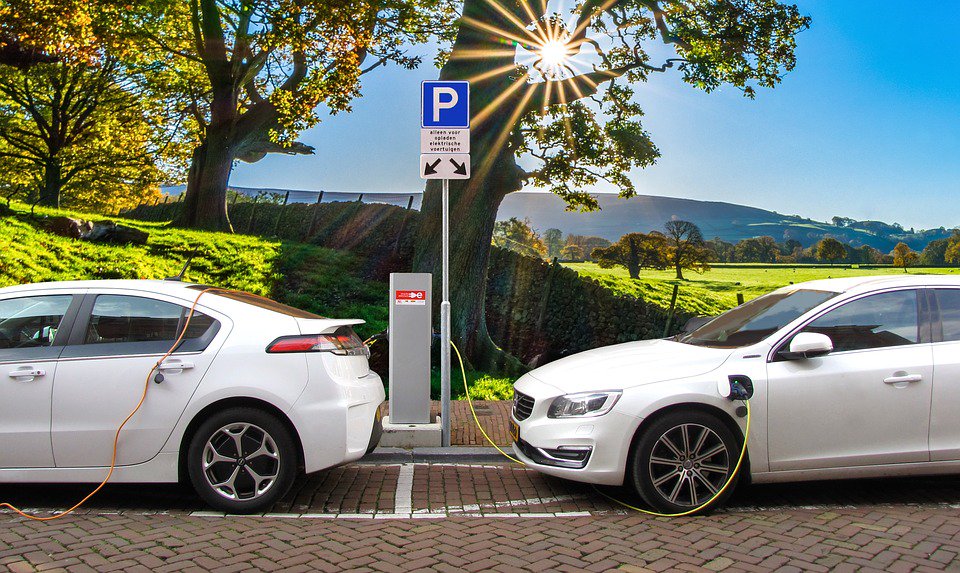A new global study from L.E.K Consulting, Vision Mobility and CuriosityCX suggests that Australian interest in electric vehicles (EVs) is well below the global average.
Only a minority of Australians have adopted EVs or hybrid vehicles, with just 3% of respondents claiming ownership of either type. Interest in EVs is not exactly encouraging either, with only 34% of Australians interested or very interested in transitioning to them. The global average is closer to 50%.
Australian respondents cited cost, range anxiety, and a lack of charging options as the three major impediments to EV adoption. The study’s findings are not exactly a great surprise. Due to its enormity and isolation, Australia is always slow to change, but change inevitably becomes it, and EVs will prove no different.
“Australia’s wide expanse makes it hard for drivers to contemplate being stuck without a place to charge. The distance between major cities adds anxiety about the capability of EVs to make it from A to B, despite an uptick in publicly available infrastructure,” said Mark Streeting, partner at L.E.K Consulting. “However, the major impediment according to this study remains the cost … and with no resale market yet established, internal combustion engines remain the go-to choice for new or used vehicle purchases.”
However, Streeting acknowledged that costs will come down as battery production becomes increasingly efficient. “Publicly available infrastructure continues to be deployed along major routes in Australia through operators such as Evie Networks, Chargefox and the NRMA,” he said.
Significant inroads have been made with Australia's EV transition over the past year. Electricity retailers such as Powershop are beginning to encourage uptake with the introduction of “Super Off-Peak Tariffs” as a way for EV owners with smart meters to charge their vehicles at a reduced rate.
The belated but ultimately successful arrival of Tesla’s Model 3 brought all the attention that a Tesla launch usually provides, ensuring another boost to the acceleration of the EV industry in Australia.
There has also been encouraging progress with charging networks. In August, the Australian Renewable Energy Agency (ARENA) announced it will top up Evie Networks' ultra-fast battery electric vehicle charging network throughout Australia’s highways with AUD 15 million ($10.3 million) in federal funding.
The charging networks, led largely by Evie Networks and Chargefox, are on the frontlines of that major barrier to Australian progress: range anxiety. Evie Networks CEO Chris Mills estimates that Australia needs around 350 charging sites to cover all the highways that make up the National Land Transportation Network.
Even the Northern Territory, a part of the country that has the most rational anxiety about range, is looking to make concerted moves toward the EV transition. In October it released a discussion paper as part of efforts to set out a coherent EV integration strategy.
Nevertheless, there is a lot more that can be done to aid the transition, especially in the private sector. “To further accelerate the adoption of EVs in Australia and globally, car manufacturers must put greater emphasis on bringing down the cost of vehicles and improving battery mileage,” Streeting said. “They also need to work more intently with governments and the broader industry to improve charging infrastructure.”
By Blake Matich
This content is protected by copyright and may not be reused. If you want to cooperate with us and would like to reuse some of our content, please contact: editors@pv-magazine.com.



Without knowing the exact questions asked I would hesitate to accept any of this. There was a similar “study” done in the US recently and stated very similar conclusions. It was Koch Foundation & Friends funded and the questions where quite skewed for a particular result.
There are significant interests in preserving the Status Quo and maintaining their profit streams.